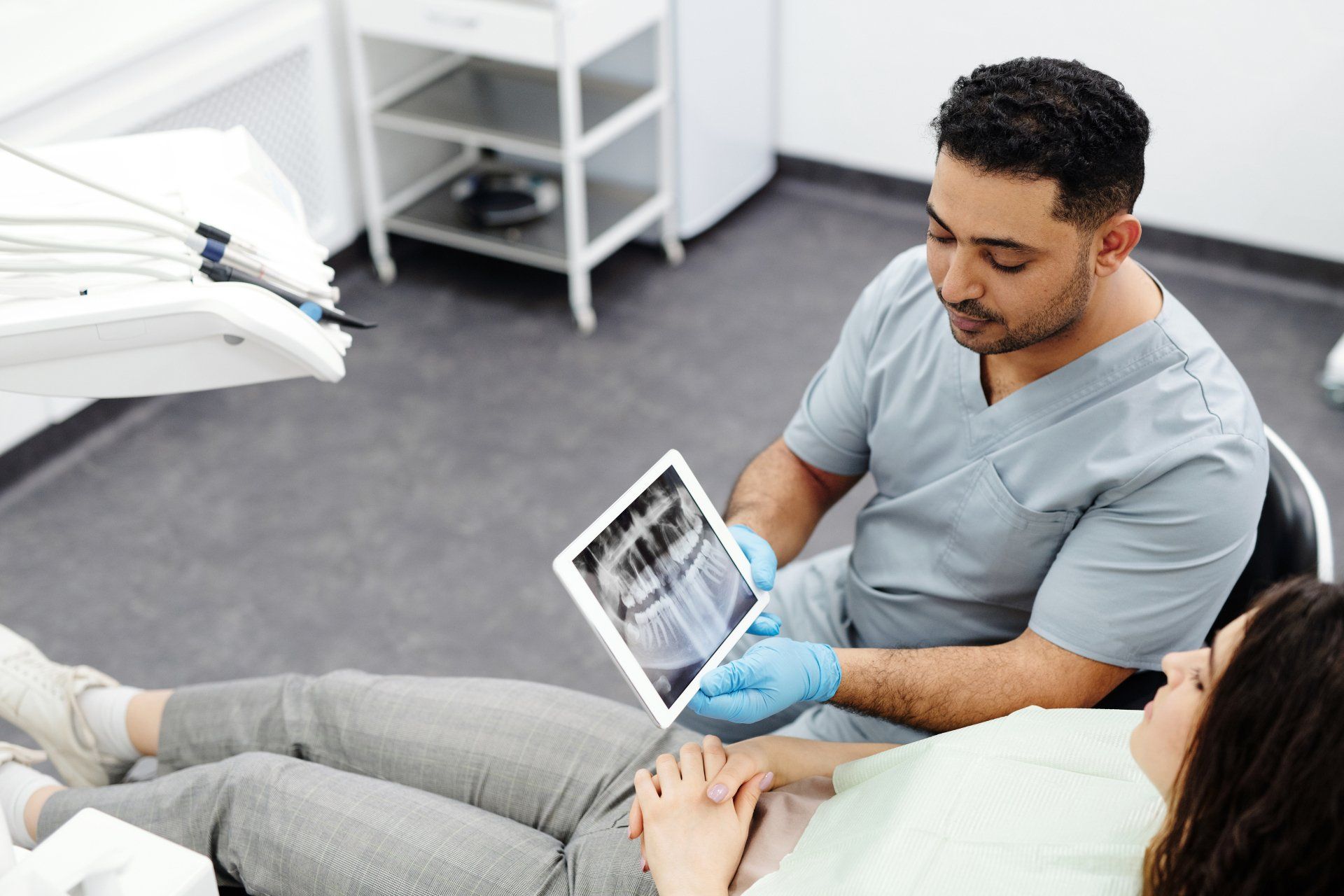For Providers: What Rabbits Taught Us About the Connection Between Physical Health and Compassion
“A very little key will open a very heavy door”. -Charles Dickens
In 1978, Dr. Robert Nerem and his group of researchers set out to understand the relationship between high blood cholesterol and heart health. Today this may sound like old news, but back then it wasn’t common knowledge that eating a steady diet of fried food was bad news for health. Over several months, New Zealand white male rabbits were fed a high-fat diet. Not surprisingly, at the end of the study after measuring the animal’s cholesterol, heart rates, and blood pressure, the cholesterol levels were high and almost identical to one another.
What was shocking came next. The last step of the research required examining the rabbits’ tiny blood vessels. Looking through the microscope, Dr. Nerem expected all the rabbits to show the same fatty deposits on the inside of their arteries. What he actually saw was a huge variation in the fatty deposits between the animals- a certain group of the rabbits had 60% fewer deposits than the others. Confused, the team started to look for what could have accounted for this.
A new postdoc named Murina Levesque had recently joined the lab and had an unusually kind and caring nature. It just so happened that all the rabbits with fewer deposits were under her care. When the team dug deeper, they noticed that when she fed them, she also talked to them and cuddled and loved on them. This was the only difference. Could it be that love counteracted the negative effect of a high cholesterol diet?
This research has been replicated. Take a rabbit with an unhealthy lifestyle, talk to it and hold it, give it love, and the many adverse effects of a poor diet disappear. If this is true, what else can love and compassion do for physical health and healing? We are learning it does a lot.
The Center for Compassion and Altruism Research and Education (CCARE) at Stanford University School of Medicine was founded by Dr. James Doty in 2008. They examine the physiological and psychological correlates of compassion and altruism and collaborate with neuroscientists, behavioral scientists, geneticists, and biomedical researchers. There is a wealth of research and resources on their website (http://ccare.stanford.edu/research/)
As healthcare providers, I know that often we feel overwhelmed with too little time and resources to tend to everything a patient brings to the office. I invite you to take a deep breath and rest in the knowledge that the compassion your feel for your patients is treatment. Your heart is a powerful tool.
References:
Harding, Kelli. The Rabbit Effect: Live Longer, Happier and Healthier with the Groundbreaking Science of Kindness. New York, Simon & Schuster Inc., 2019.



